Euro Coop’s stance on Regulation (EU) No 2015/2283 on novel foods
09.05.2016 16:05:03

Euro Coop welcomes the agreement reached on the 25th of November 2015 with regards to Regulation (EU) No 2015/2283 on novel foods which repeals Regulation (EC) No 258/97 on novel foods and novel food ingredients, and amends Regulation (EU) 1169/2011 on the provisions of food information to consumers (FIC). Euro Coop agrees with the fact that it was time to update the rules outlined in Regulation (EC) No 258/97 in order to (1) take into account recent scientific, technological, and legislative developments, and (2) simplify the current authorisation procedures and cut unnecessary administrative burdens.
Novel foods must be safe for consumers and properly labelled as to not mislead consumers. Provided that these two conditions are met, Euro Coop is of the opinion that novel foods represent interesting market opportunities as they are a means of producing new and innovative products, and increasing consumer choice.
Euro Coop welcomes the fact that in the aim of increasing transparency and involving stakeholders, the European Food Safety Authority (EFSA) has launched a public consultation and organised a stakeholder meeting on two draft guidance documents on the applications for novel foods and traditional foods from third countries.
Engineered nanomaterials and whole insects and their parts
With the entry into force of Regulation (EU) No 2015/2283 on the 1st of January 2018, engineered nanomaterials as well as whole insects and their parts will be considered as novel foods. Euro Coop welcomes the inclusion of both categories under an adequate harmonised legal framework.
Euro Coop believes that whole insects and their parts represent an innovative and promising food source due to their many important nutrients and elevated protein content, and may therefore play an important role in mitigating issues related to overpopulation and the environment. Euro Coop believes however that immediate and concrete use of insects has more potential in the feed sector rather than in the food sector given that a large majority of consumers may not be ready to accept such foods yet.
In any case, consumers should be adequately informed about the content of the foodstuff they are purchasing, meaning that the presence of insects should be clearly stated on the label. In addition, consumers should expect a product that responds to high food safety and quality standards and that has undergone strict food safety controls. As such, food safety requirements should not be overlooked or underestimated, i.e. the placing of insects on the European market should be accompanied by a reflection on (hygienic) rules that must be followed in order to ensure food safety and consumer protection.
When it comes to engineered nanomaterials, Euro Coop recognizes that nanoscience and nanotechnologies represent a great potential for innovation, and that scientific research in this area should therefore be monitored. However, it is paramount to take into account that there is no scientific consensus on the potential impact of these technologies. In order to test the safety of these particles and materials,official and harmonised methods have to be defined at European level.
Cloning and animal welfare
Consumers and citizens have clearly expressed their opposition to products from cloned animals and their offspring. In its letter on cloning of 2010, Euro Coop calls for a full ban on the placing on the market of products from cloned animals and their offspring. Euro Coop’s position in this respect has not changed. However, Euro Coop welcomes the fact that (1) the European Commission envisages a legal framework for foods from cloned animals, and that (2) until this legal framework exists, food from cloned animals “should be appropriately labelled for the final consumer in accordance with the Union legislation in force” as per Recital 14 of Regulation (EU) No 2015/2283. Euro Coop asks the Commission to consider not only cloned animals in a future ad hoc legal framework, but also their offspring, as well as semen and embryos, and the imports and traceability thereof.
Euro Coop welcomes that Recital 32 of this Regulation protects animal welfare by stating that “tests on animals should be replaced, reduced or refined” and that “duplication of animal testing should be avoided, where possible”. A key point that constitutes the co-operative identity is the protection of animal rights and animal welfare, and Euro Coop is therefore a firm supporter of production systems that respect and defend animal welfare. It follows that Euro Coop strongly agrees that animal testing should be reduced to the absolute bear minimum.
Traditional Foods from third countries and post-marketing requirements
Euro Coop welcomes the facilitated application for the placing on the market of novel foods from a third country in cases where the history of safe food use in this country has been undoubtedlydemonstrated, with a clear track record for instance. Euro Coop stresses that strong and undeniable food safety assurances need to have been provided prior to the submission of a facilitated application.
In order to ensure food safety and consumer protection, Euro Coop calls on the Commission to make use of the post-market monitoring requirements mentioned in Article 24 of Regulation (EU) No 2015/2283 for which risk-based criteria should be used.
Conclusion
Euro Coop generally welcomes the work carried out by the co-legislators on the new legal framework covering novel foods. However, Euro Coop stresses that food safety and consumer protection must remain top priorities. To this end, the safety and commercialisation of insects and their parts, of engineered nanomaterials, of products coming from cloned animals and their offspring, as well as of novel foods which have a safe history of use in third countries must be closely monitored at EU level.
Latest Food Policy news
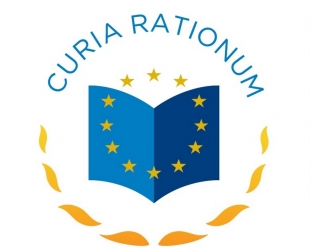
European Court of Auditors Report: Control System for Organic Products
Euro Coop participates in the launch on 14.03.2019 of the EU auditors’ report:...

EESC: Political Recognition for Consumer Co-ops
Consumer co-operatives recognized by the European Economic and Social Committee (EESC) as a...
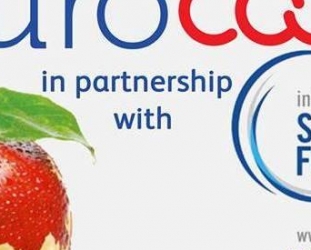
Euro Coop enters partnership with FAO
Euro Coop is pleased to announce partnership with FAO (Food and Agriculture...
Latest Food Policy stories
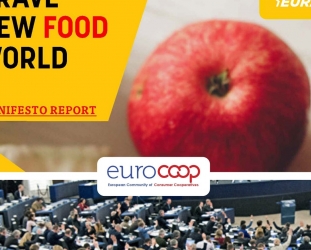
"Brave New Food World" - Euro Coop/Euractiv Special Report
Euro Coop has partnered with EURACTIV on the special report “Brave New World” ,...
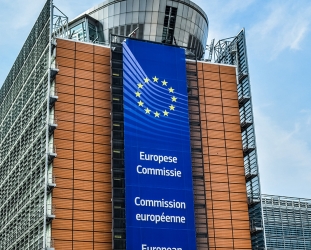
Euro Coop Calls on Ambitious Farm to Fork Strategy
CSOs Open Letter on the Farm to Fork Strategy to Achieve Sustainable Food Systems...
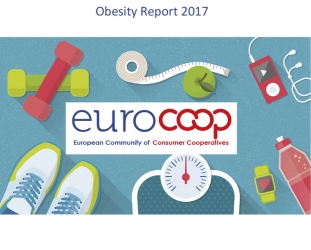
Obesity Report: Latest Edition
Download the Report here . The number of people overweight or obese is...

